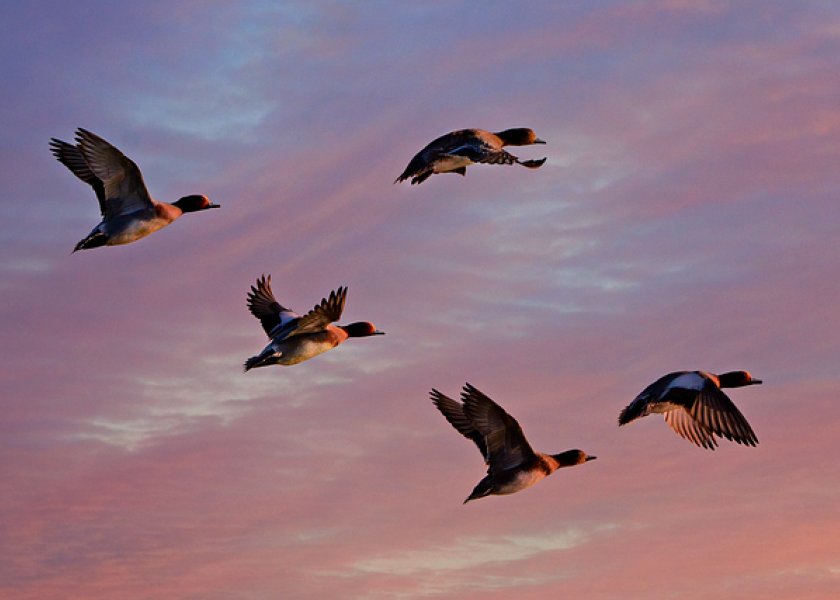American Wildlife Habitat Conservation Act Introduced

House Natural Resources Committee Chairman Bruce Westerman (AR) and 18 fellow Republicans introduced the American Wildlife Habitat Conservation Act. The bill would boost the money available in a pre-existing pot that funds state- and Tribal-led wildlife conservation, habitat restoration, and sportsmen education programs. The bill authorizes $300 million per year for the state bucket and $20 million per year for the Tribal bucket, for a duration of five years.
Out of those pots of money, the bill also specifies that 10 percent can be used for competitive grants, to incentivize innovative new wildlife projects at the state and local level. Most importantly, the bill prohibits any of the federal dollars from being spent on the reintroduction or management of a species “in a manner not supported” by the state. In other words, none of these funds could go toward a species action that lacks local support – for example, the reintroduction of grizzlies to the North Cascades in Washington state.
NCBA appreciates Chairman Westerman’s leadership and extensive work on this bill. Advancing this legislation will empower states and Tribes to follow the best available science and support management decisions that make the most sense for them, their specific ecosystems, and their residents – not just force them to default to what a bureaucrat in Washington, D.C. thinks is best. This legislation is a major, overdue investment in locally led conservation.
Statement from Director of the Public Lands Council and NCBA Director of Government Affairs Sigrid Johannes:
“Farmers and ranchers are America’s original conservationists, and their stewardship of the land has provided high-quality habitat for hundreds of wildlife species for generations. Cattle producers know from firsthand experience that when it comes to wildlife conservation, locally led is best. NCBA thanks Chairman Westerman for introducing the American Wildlife Habitat Conservation Act and especially appreciates that the bill prioritizes state, local, and Tribal involvement in wildlife conservation projects. Too many rural communities have suffered from one-size-fits-all decisions made by bureaucrats a thousand miles away. Local collaboration is a critical part of durable, collaborative, ecosystem-specific conservation, and cattle producers across the country recognize that Chairman Westerman's bill gives them a seat at the table in these discussions.”







